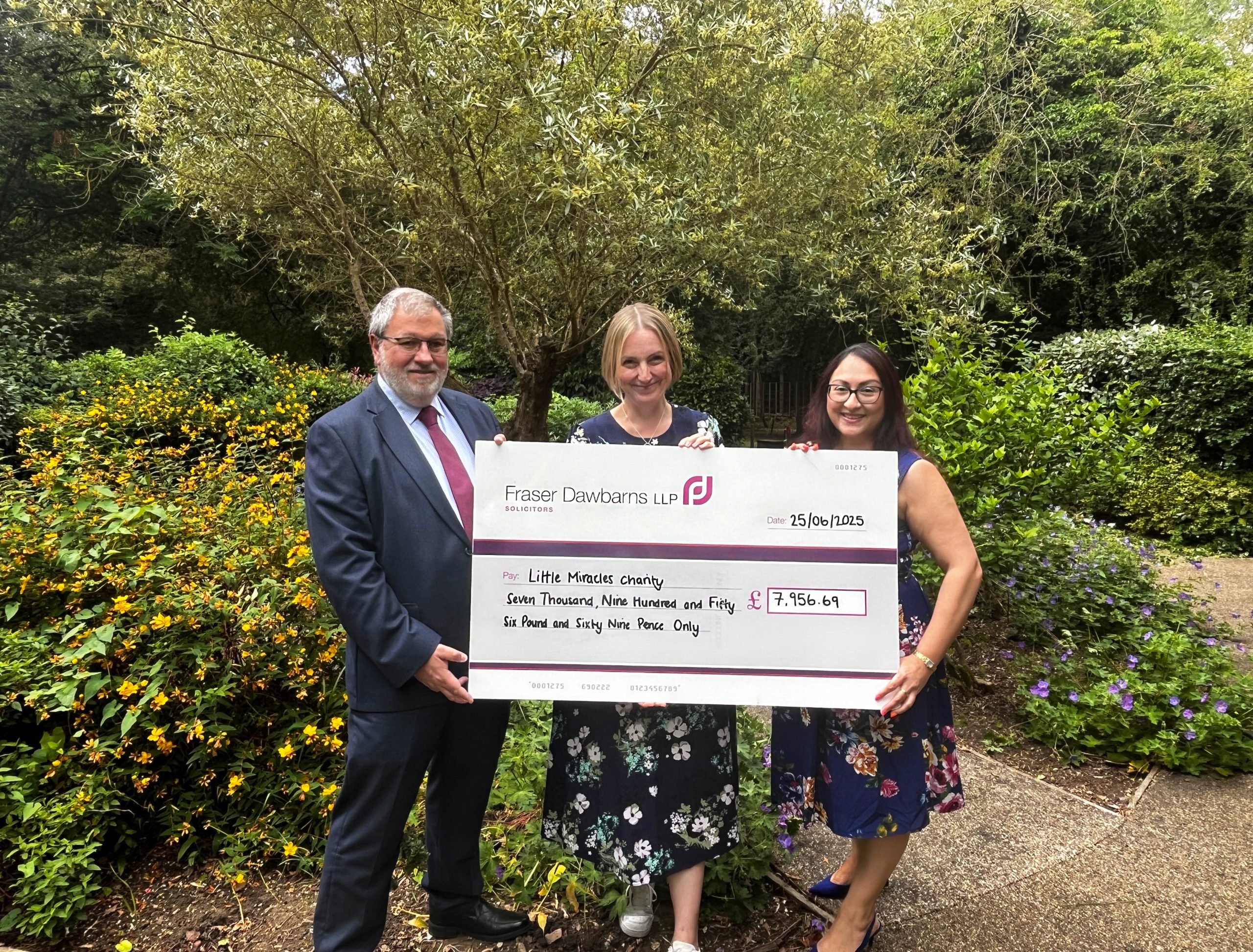Is good or bad behaviour rewarded on divorce?
Parties going through a divorce and trying to reach agreement about financial matters are often upset and angry and feel that they have been ‘wronged’ by the other. This can result in wanting to be compensated or to see the other punished.
They may therefore be surprised or frustrated to learn that, generally, how someone behaved during the marriage, or at the point of separation, will not affect their financial claims or the end ‘deal’.
If a case has to go to Court, each spouse will have to complete a long document called a Form E, detailing their income, bank balances, debts and so on which must be supported with proof – such as payslips and bank statements.
Within the Form E, there is section where someone can write about their spouse’s ‘bad behaviour or conduct’ if they feel it should be considered when deciding how the family home and other assets should be shared on divorce. Some may see this as an invitation to point the finger, and list numerous allegations or grievances, but this is not what is intended by the Courts.
Over time, judges have made it clear that, to justify a lower settlement (or none at all), a spouse’s conduct needs to have been exceptional.
Violent assaults resulting in ongoing injuries and affecting future earning potential may be given significant consideration, as would fraud. These are regarded as extreme acts and have a direct bearing on the ‘marital pot’ and spouses’ financial futures, either reducing the assets to be shared, or taking away a spouse’s ability to make ends meet independently.
Arguments about annoying habits are unlikely to have any impact and should be avoided. Adultery is often raised as a reason why a spouse should not receive their ‘fair share’. The Courts will generally not agree with this, and its only relevance may be if the spouse in question is now living with a new partner and is deemed to be sharing living costs, and therefore have more disposable income available.
Parties can feel disappointed by this approach, but the Judge is always going to have to consider their combined needs, trying to ensure that both can keep a roof over their head, and pay for food and utilities, will be more important than spending time and money considering what has happened in the past, and whether that should be ‘punished’.
While emotions are frequently running high during a divorce process, the ability to view the situation early on as the court will see it, is helpful and important. It is often easier to do this with a lawyer by your side and the team at Fraser Dawbarns will be happy to assist you. Contact 01945 461456 or info@fraserdawbarns.com.
This article aims to supply general information, but it is not intended to constitute advice. Every effort is made to ensure that the law referred to is correct at the date of publication and to avoid any statement which may mislead. However, no duty of care is assumed to any person and no liability is accepted for any omission or inaccuracy. Always seek advice specific to your own circumstances. Fraser Dawbarns LLP are always happy to provide such advice.
Related Articles
Recommended By The Legal 500 Directory*
*We are recommended for the following practice areas: Corporate and Commercial, Debt Recovery, Employment, Personal Injury: Claimant, Agriculture and Estates, Contentious Trusts and Probate, Family, Personal Tax, Trusts and Probate & Commercial Property.
ServicesContact
















